Boost Your Cross-Platform Data and Engagement Strategy with Braze Connected TV Support
Published on April 09, 2020/Last edited on April 09, 2020/5 min read
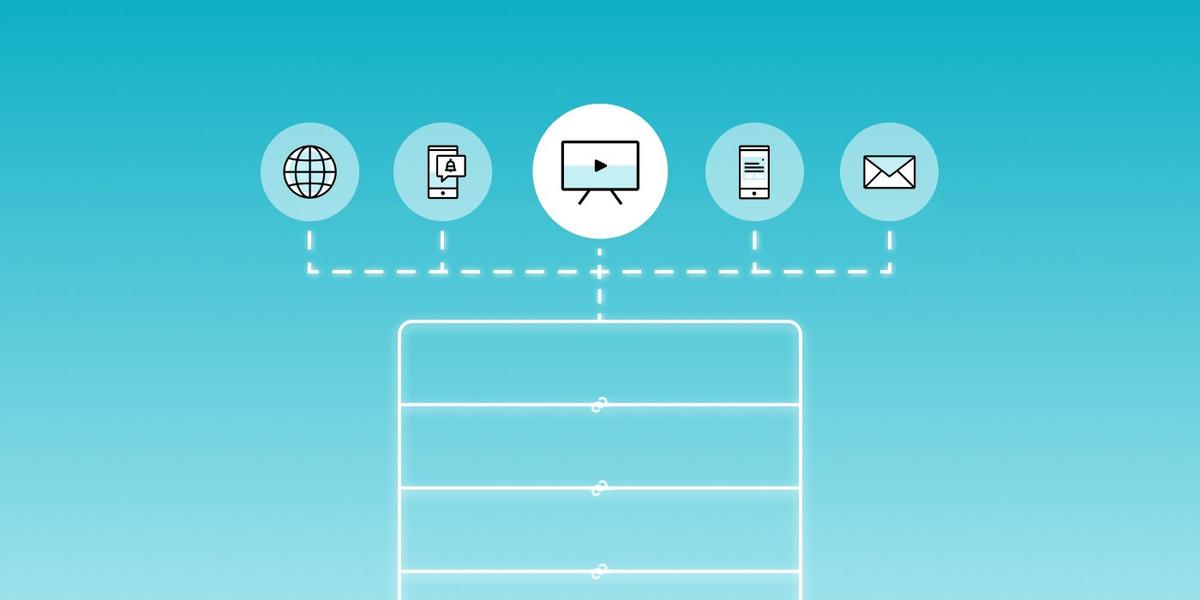

Mary Kearl
WriterThe coming of the great cord-cutting era has been predicted for years. Now it's upon us, with Americans paying more for streaming services than cable TV, and it's a race to see which streaming service device, also known as over-the-top (OTT) platforms, will be number one. For now, Roku with its 41 million users is at the top—collectively its users streamed 8.9 billion hours of content within just three months in early 2019.
For marketers, it's no longer a matter of simply paying attention to OTT trends. More brands are creating apps for connected TVs than ever, so if that's the case for your business, now is the time to start tracking user data and incorporating that information into your overall customer engagement strategy.
The Connected TV Engagement Data You Could Be Tracking with Braze (and How to Act on It)
With the rise of streaming device apps, we’ve seen Braze customers experiment with expanding their mobile and web presence to include connected TV apps on OTT device platforms. Because we understand the value of having a cross-device view of your customers—monitoring and analyzing behavior and engagement with your brand across smartphone, tablet, wearable, and smart home apps, as well as your brand’s mobile/desktop websites and connected TVs—we have expanded our support to include integrations with multiple OTT and connected TV channels: Roku, Apple TV, Android TV, Kindle Fire, and FireTV. With Braze's capabilities, customers can track:
Roku device customer engagement data
Thanks to our open source beta for Roku support— launched in 2019 within the Braze platform—our customers have the option to tap into Roku as a data enrichment source to:
- Ingest data directly from Roku devices
- Gain a deeper understanding of user behavior within your brand's app on Roku, one of the key players in the streaming device market
- Track custom attributes and events related to Roku device usage, such as: watched content, viewing duration, and session start/top times
Our Roku open beta is open to all Braze customers. To get started, you'll simply need to install our Roku SDK, a software developer kit that can be integrated into your brand's Roku app.
Apple TV customer engagement data
Since 2017, we've been supporting integration of tvOS user data within Braze through our tvOS SDK, another software developer kit that can be incorporated into your brand's tvOS app. Braze customers who install our tvOS SDK can benefit from:
- Gaining insights into user engagement on this important emerging platform
- Having the ability to act upon these learnings along with customer data from branded mobile and web apps to create more effective: message targeting, message send-times, and personalization
- Incorporating Apple TV user behavior into larger customer retention and monetization efforts
- Understanding how to keep Apple TV audiences better engaged
Android TV, Kindle Fire, and Fire TV engagement data
Think of these integrations as a little bonus that comes with the Braze platform’s existing Android and FireOS SDKs. Because Android TV operates on a modified version of the Android mobile operating system—and because both Kindle Fire and Fire TV devices leverage FireOS—Braze is able to collect actionable engagement data from these OTT/Connected TV devices in much the same way we already do on mobile, supporting a deeper understanding of user preferences and behaviors on these key platforms.
How OTT and Connected TV Customer Engagement Data Can Support Your Overall Engagement Strategy
The first step to incorporating OTT and connected TV customer data into your overall data set is creating cross-device user IDs for all customers. Doing so will enable a single view of individual audience members as they move between your app and website across devices. Once this is in place, you can incorporate Connected TV data into your larger data mix and inform:
Cross-channel engagement performance
Now you can measure how well your brand is driving engagement across all channels with the addition of OTT/Connected TV options like Roku and Apple TV.
Cross-channel content strategy
Armed with OTT/Connected TV customer engagement data, you can plan cross-channel campaigns, such as second-screen outreach via push notifications or email in order to nudge lapsed viewers to re-engage...and encourage engaged users to find their next binge, rate the shows they've watched, and more.
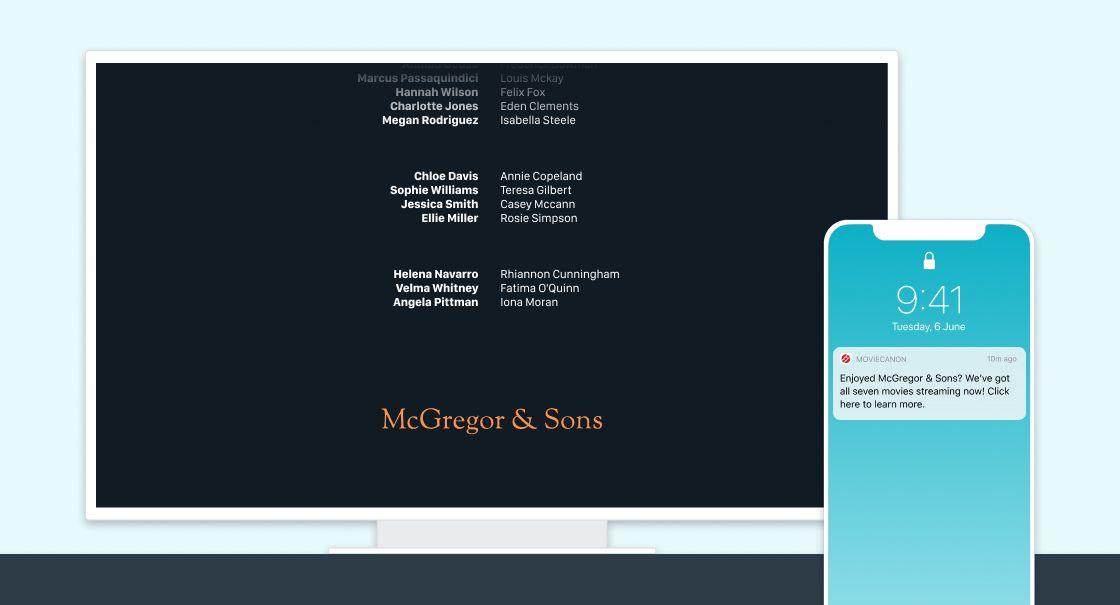
OTT/Connected TV messaging
While Roku and Apple TV don’t currently support built in messaging, Braze customers can add Connected TV notifications to their cross-channel messaging mix when it comes to Android TV, Kindle Fire, and Fire TV devices. (To learn more about Braze support for Connected TV data collection and messaging, check out our quick overview.)
- Android TV: With Braze, brands can leverage multiple Connected TV channels in connection with their Android TV apps, with both in-app messaging and Content Cards now available on these devices.
- Kindle Fire/Fire TV: In addition to in-app messaging and Content Cards, the Braze platform’s support for Kindle Fire and Fire TV messaging allows brands to send the Connected TV equivalent of push notifications—known as “heads up notifications”—to their audiences on these devices.
Next Steps
Today's best-in-class customer engagement stack isn't made up of technology from one single provider. Brilliant experiences come together when marketing systems do, too, eliminating data silos, team collaboration silos, and more. To get your marketing ecosystem tuned up and your integrations in sync, learn the latest best practices from our Ecosystems and Integrations Roundup.
Related Tags
Releated Content
View the Blog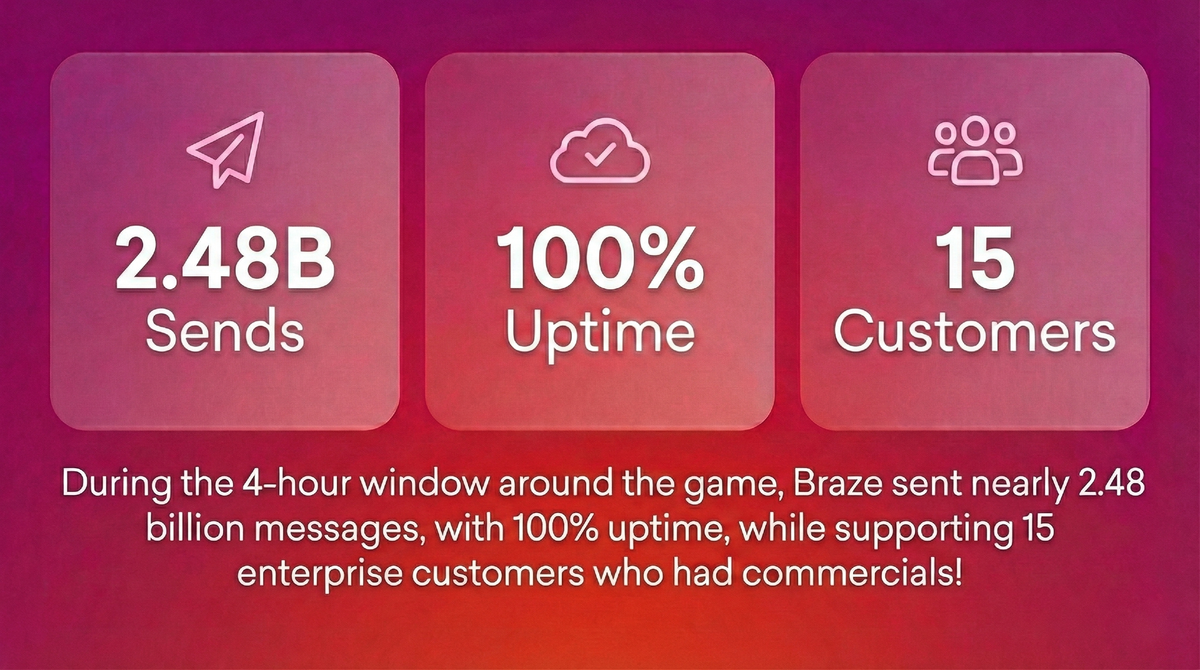
2.4+ billion sends, zero fumbles: How Braze supports leading brands during the big game

Jamie Doheny
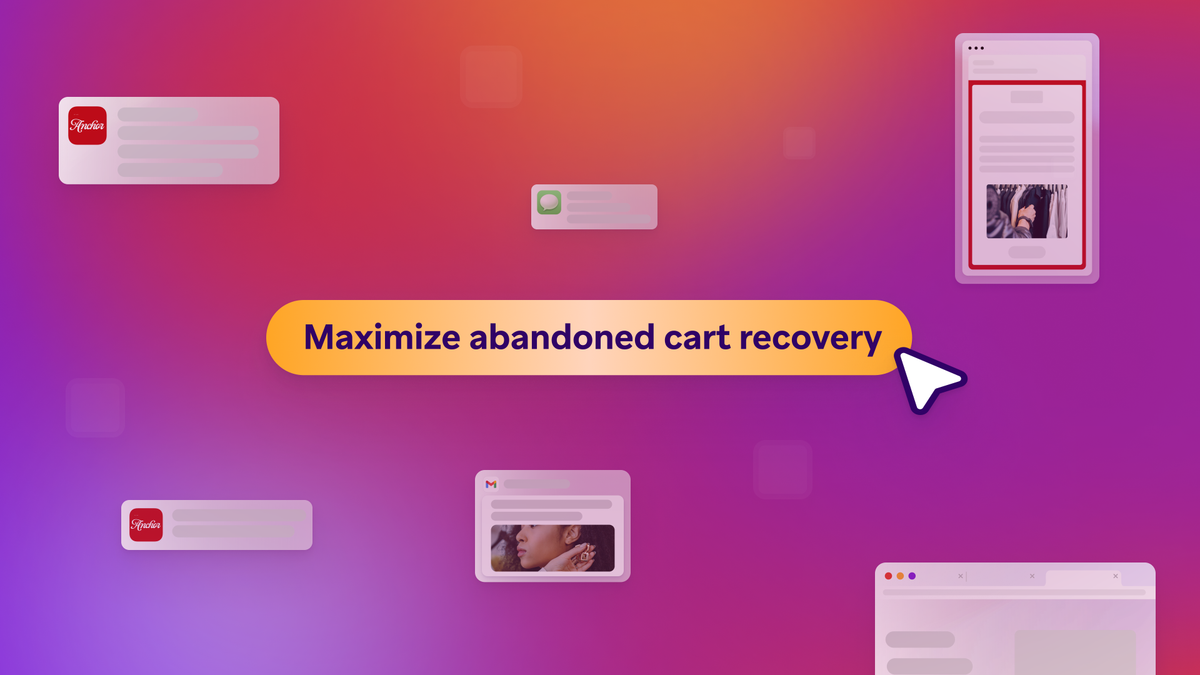
Beyond Predictions: Why Your Personalization Strategy Needs an AI Decisioning Agent

George Khachatryan
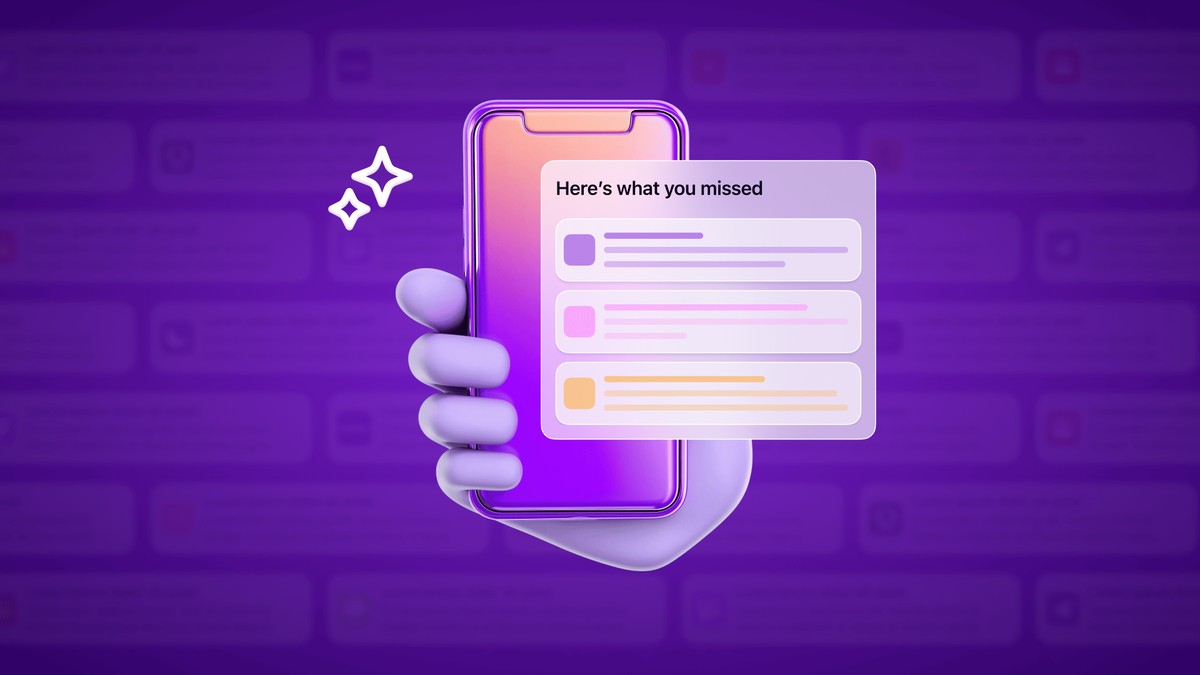
The OS and inbox as intermediary: How AI is (literally) rewriting customer engagement
